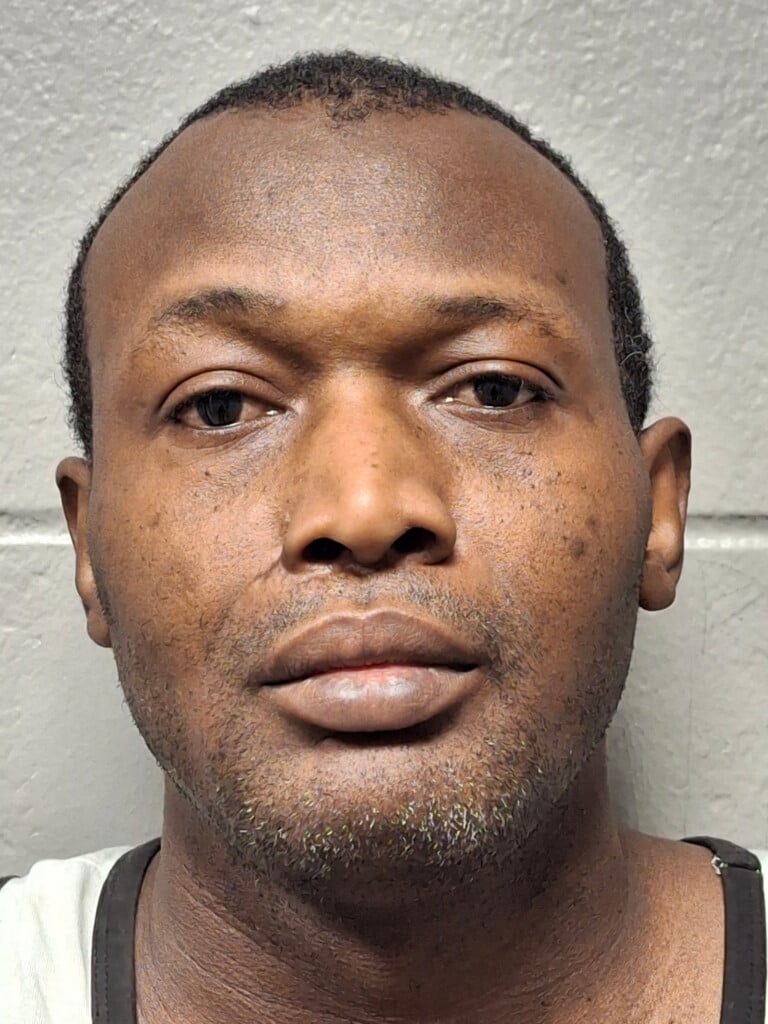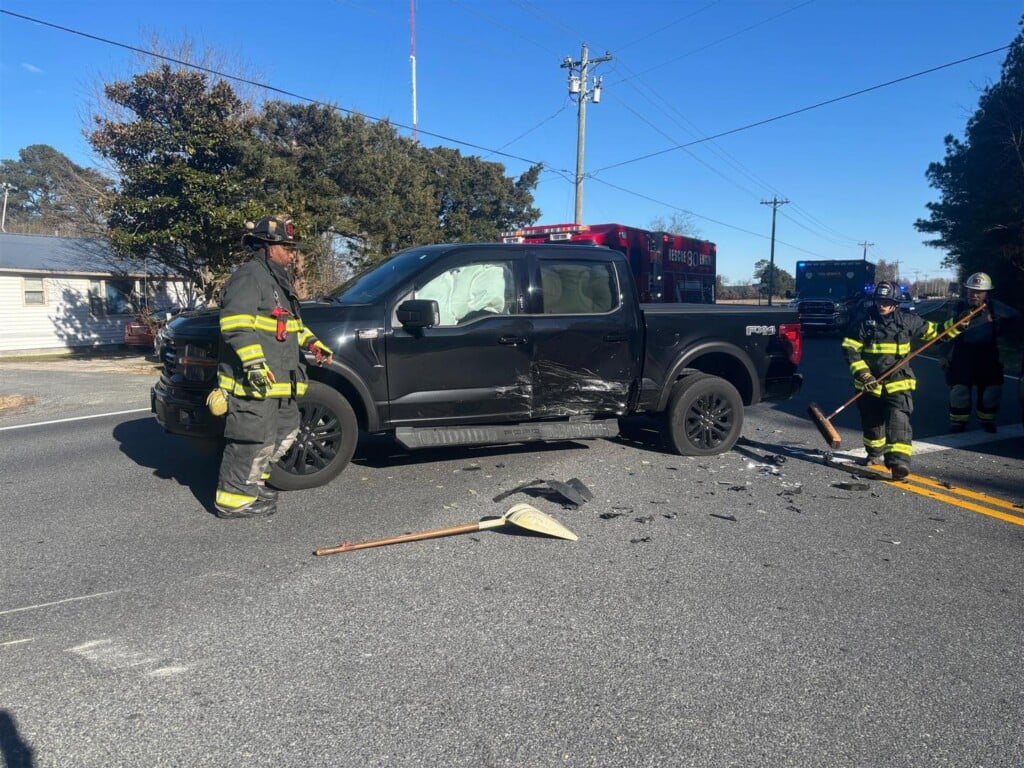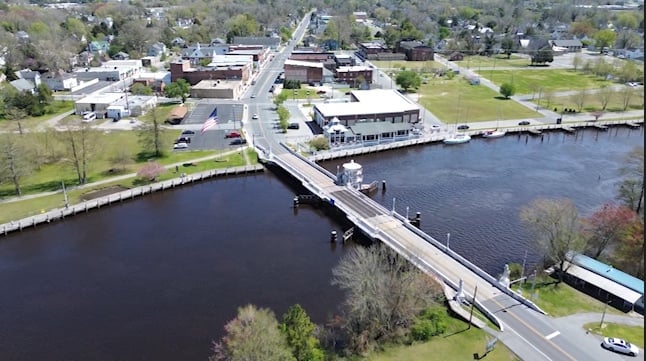Future of farming gets federal support at local universities
DELMARVA – The USDA is providing a $19.2 million investment in scholarships for 1890 land grant universities across the nation. On Delmarva, the University of Maryland Eastern Shore (UMES) and Delaware State University (DSU) officials say the funding will support scholarships for undergraduate students studying the agriculture and food industries.
The Wide World of Food and Ag
School officials say the funding could help create a stronger generation of future leaders and innovators.
“Globally, the number of students who are pursuing agriculture, natural resources, or any environmental sciences major has been dwindling over the last decade,” said Dr. Cherese Winstead, Dean of DSU’s College of Agriculture, Science and Technology.
Dr. Moses Kairo, Dean of UMES’ School of Agriculture and Natural Sciences, echoed those same difficulties in recruiting students for those courses of study.
“There is a misperception of what exactly agriculture is,” Dr. Moses said. “Potential students don’t quite appreciate how expansive and how sophisticated that field is.”
Part of pushing for that stronger pipeline of experts is showing students what the future of agriculture looks like, says Dr. Winstead.
“For many students, they might be interested in engineering, or chemistry, or even biology,” said Dr. Winstead. “There are a number of areas of agriculture, such as genomic or precision agriculture, where environmental engineering actually plays a big part.”
Innovation and Collaboration
Both schools are working to provide innovative learning experiences for those students. At DSU, Dr. Winstead says a big focus is on connecting urban populations with agriculture.
“If you’re from Philadelphia, Maryland, D.C., you may not see how agriculture plays a big part in your home and the economic development of your hometown,” said Dr. Winstead, “but it plays a huge part. We have food deserts in our urban areas.”
Dr. Moses says UMES is also working to connect traditional production agriculture to the future.
“[Many] majors at the undergraduate level give the students a springboard from which they can go into more in-depth studies,” said Dr. Moses. “Essentially, we ar producing students who have the flexibility to be able to adapt to a range of different careers within the broad field of food and agriculture.”
Facing the Future
The message to students at UMES considering these courses of study, says Dr. Moses, is to consider all of the possibilities.
“I would make a very strong pitch for students to look at the fields in the food and agriculture space very seriously,” Dr. Moses said, “but also it’s about the kind of resources that we provide for our students here to do well and have a wonderful educational experience.”
Dr. Winstead shares the same sentiment, adding that these students could be the ones to solve worldwide challenges looking ahead.
“Our next generation of students are more socially and economically conscious, environmentally conscious, politically conscious,” Dr. Winstead said. “They’re advocates and they’re activists. And so, these global areas of food and water insecurity are things that our students will find drive them and their passion.”


